Remote Ready Biology Learning Activities has 50 remote-ready activities, which work for either your classroom or remote teaching.
Serendip is an independent site partnering with faculty at multiple colleges and universities around the world. Happy exploring!
Biology/English 223 |
Anne Dalke (English House, ext. 5308, adalke@brynmawr.edu)
Paul Grobstein (Park Science Building, ext. 5098, pgrobste@brynmawr.edu)
http://serendipstudio.org/sci_cult/evolit/s07/
 |
"Ever since Darwin, we live in a world of stories." (Jonathan Weiner, "The Science of Life and the Art of Living Well." Scientific American, February 20, 2006) |
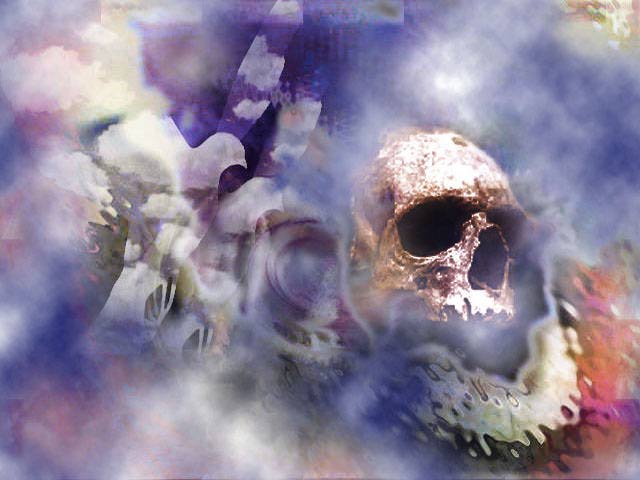
|
"T.S. Eliot was honest about wanting both writing and criticism
to approach the condition of a science...with the writer as catalyst,
entering into a tradition, performing an act of meaningful recombination
....Readers fail when they allow themselves to believe...that fiction is
the thing you...seek out when you want to have your own version of the world
confirmed and reinforced...we have to ask of each other a little bit more." (Zadie Smith, "Fail Better," The Guardian, January 13, 2007) |
| Required Texts: Ernst Mayr. What Evolution Is. New York: Basic, 2001. Daniel Dennett. Darwin's Dangerous Idea: Evolution and the Meanings of Life. New York: Simon and Schuster, 1995. E.M. Forster. Howard's End. 1910; rpt. Penguin, 2000. Zadie Smith. On Beauty. Penguin, 2005. Recommended: Howards End. Dir. James Ivory. Videocassette. Merchant Ivory Productions. 1991. 143 minutes. Elaine Scarry. On Beauty and Being Just. Princeton University Press, 1999. | 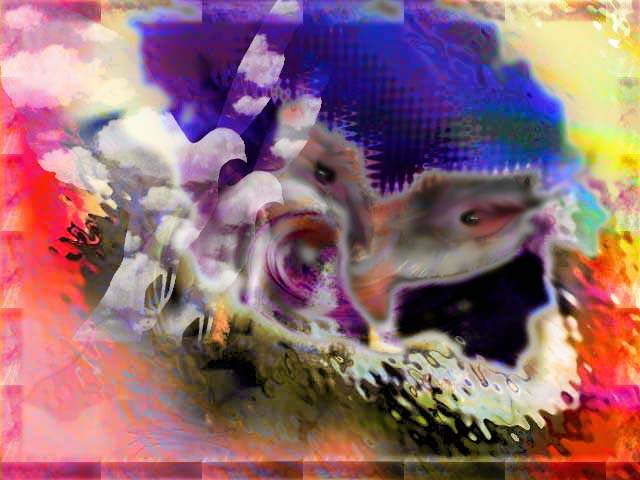 |
Thurs, Jan. 25
Zadie Smith, "Fail Better." The Guardian, January 13, 2007.
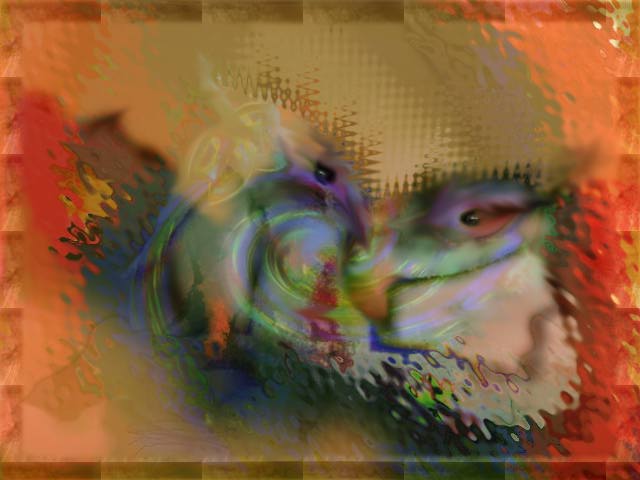 | Weeks Two-Four: Where Does the Story of Biological Evolution Come From? Tues, Jan. 30 Mayr. Chapters 1-4 (pp. 3-82) Thurs, Feb. 1 Mayr, Chapters 1-4, continued Tues, Feb. 6 Mayr, Chapters 5-8 (pp. 83-173) Thurs, Feb. 8 Mayr, Chapters 5-8, continued Tues, Feb. 13 Mayr, Chapters 9-12 (pp. 174-268) Thurs, Feb. 15 Mayr, Chapters 9-12, continued |
Fri, Feb. 16 Paper #1 due
Write 3-4 pp. in which you think through some problem that has been raised in your mind by our discussion of biological evolution. This is not a "reaction paper" (like your forum postings), but should rather make a claim, develop a thesis, and support it with observations which you have drawn from several new resources you have located (either in the form of written texts or on the web).
Some sample topics:
| Weeks Five-Seven: Is Evolution a Useful Story Beyond Biology? Tues, Feb. 20 Dennett, Part I: Starting in the Middle (pp. 17-145) Thurs, Feb. 22 Dennett, Part I, continued Tues, Feb. 27 Dennett, Chapters 12-14 (pp. 335-427) Thurs, Mar. 1 Dennett, Chapters 12-14, continued Tues, Mar. 6 Dennett, Chapters 15-18 (pp. 428-521) Thurs, Mar. 8 Dennett, Chapters 15-18, continued SPRING BREAK March 10-18 |  |
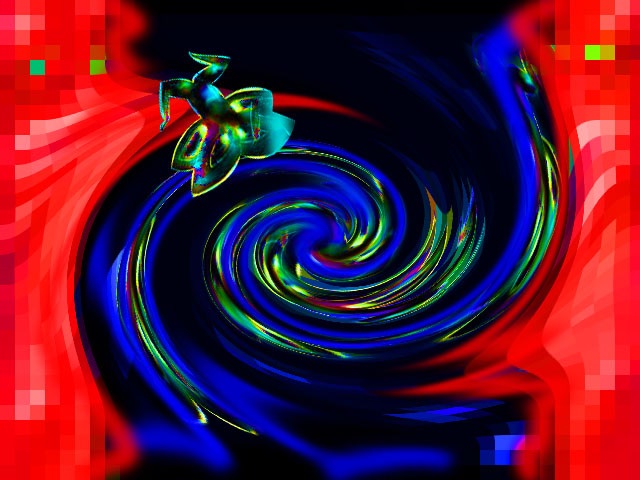 | Tues, Mar. 20 (Extended Due Date for) Paper #2
3-4 pp. on some aspect of the story of evolution beyond the context of biology which is of particular interest or use to you. Bring a hard copy to class and also post a copy of the paper in the course web exchange. Weeks Eight-Eleven: How and why do Literary Stories Evolve? |
Fri, Apr. 20 Paper #3 due:
3-4 pp. on some aspect of the evolution of literary stories that particularly interests--or is useful--to you. Submit a hard copy and post a copy in the course web exchange.
Tues, Apr. 24 What a Literary Critic is Learning from Biology...
Thurs, Apr. 26 "
| Week Fourteen (Tues, May 1 and Thurs, May 3) Bringing it all together--telling each other new stories
Paper #4 and Portfolio Due. Paper #4: 10-12 pp. in which you make use of the biological, philosophical and literary stories of the course to create a new, interesting, useful story of your own--one that might well (in consultation with your instructor) have a creative dimension. Instructions for Preparing and Posting Your Papers Instructions for Preparing Your Portfolio | 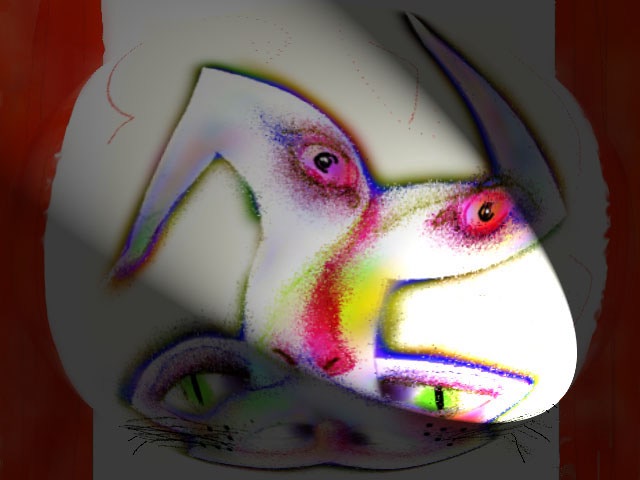 |
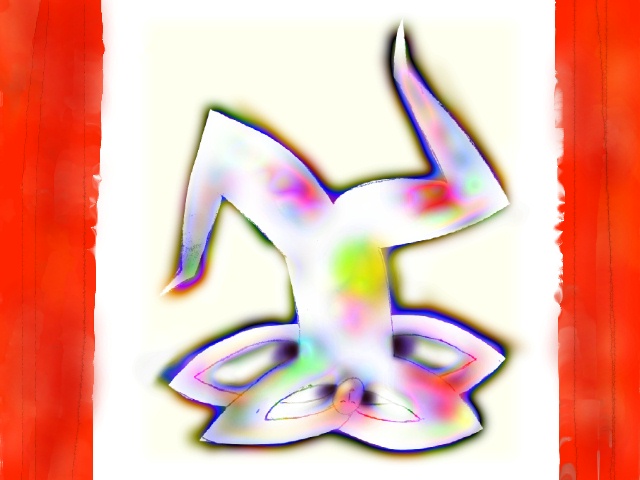 | Course Requirements:
Grading:
|
The images on these pages are reproduced with permission of
Rieko Nakamura and Toshihiro Anzai; you can see a complete
display of their work at http://www.renga.com.
| Course Home Page
| Forum
| Science in Culture
| Serendip Home |